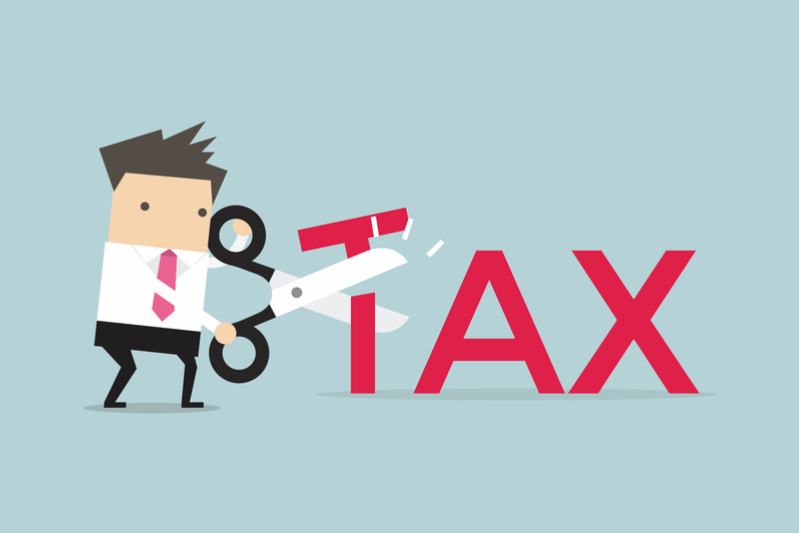Depending on the state in which a facility resides, an operator may be able to sell all or a portion of its bed licenses. Some states simply do not allow operators to buy or sell bed licenses amongst each other. Other states require that each bed license be assigned to the physical plant, therefore only allowing a bed license sale through a real estate Change Of Ownership (CHOW). There are many states, however, that allow an operator to sell either a portion, or all of its bed licenses to another operator.
So everyone is on the same page, when we refer to “Bed Licenses” (Beds), we are talking about the right to operate the beds, or the licenses. We are not referring to any transactions that include real estate as part of the transaction.
1) Capital Need For Projects. If an operator has low occupancy or beds that aren’t being used, they can likely be sold for an attractive price (depending on state laws). Bed license sales have ranged anywhere between $2,000-$60,000 per bed, depending on the location. These kinds of high-dollar sales can generate enough cash to start or complete capital improvement projects.
2) Convert To Private Rooms. Almost all new skilled construction today is built with private suites. Each room has its own private room, bath, and sometimes a kitchenette. Operators with semi-private rooms that have low occupancy have realized that they have lost market share to competitors with private rooms. Many of these operators have removed the physical beds from the rooms, marketing them as private rooms. An operator could monetize on a sale in these cases where the operator still holds the licenses of underutilized beds.
3) Convert Real Estate To Another Use. Another blog post discusses converting real estate for another use (see Five Reasons Why Operators Acquire Bed Licenses). The same is true here for the seller. Sometimes operators believe they can increase their top line by converting either a portion of, or the entire Skilled Nursing Facility to Assisted Living units. This would also apply to converting the real estate into any other use where the operator may have expertise.
4) Avoid Paying State Taxes. If an operator has low occupancy and has exhausted every effort to increase census, or simply has beds that are not being used, they may be paying a high bed tax to the state regardless if that bed is earning revenue or not. Some states require that a tax be paid on every licensed bed. These taxes can be a significant financial burden. So much that sellers sometimes negotiate that the buyer of the bed licenses be responsible for paying the bed tax until the state approves the transfer.

5) Control Where The Beds Move. Sometimes operators consider giving beds back to the state. Depending on the state, the government may have the authority to put those licenses back into circulation. In contrast, operators who sell their licenses to another operator sometimes require that the buyer keep the beds within a certain geographical radius from the seller, ultimately approving the final location before the sale is complete. This gives the seller more control over where the beds can and can’t be moved.
This article is not to be considered advice. Before making investment or disposition decisions, consult a professional for legal advice.
Bed License Exchange is a trusted platform that introduces buyers and sellers to an entire marketplace of bed licenses in the healthcare industry. Bed licenses ranging from acute care, post-acute care and senior living are available for operators and investors, to act either as a buyer or a seller on the auction-style platform. Bed License Exchange is a subsidiary of HealthSwap Advisors, LLC.

